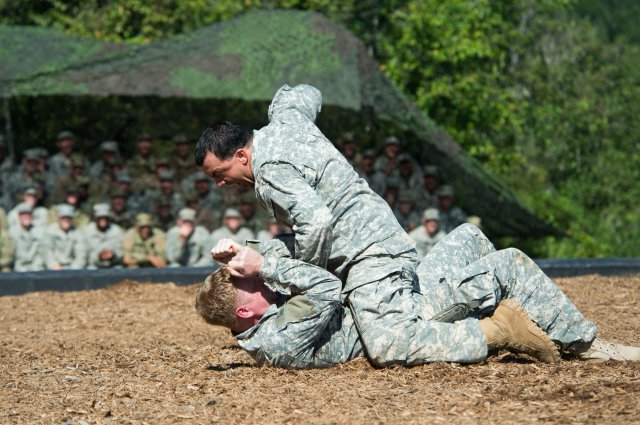
Sydney and I have known Bob Scales for a long time and there’s one thing that marks him out — he thinks hard and long and deeply about building the best American military possible. His specialty, of course, is the Army, but Bob knows dirt and guns and knives and sweat and blood, so he understands Marine infantrymen as well. Scales argues for something here that will elicit howls of opposition from some and, probably, howls of approbation. Read on! The Editor.
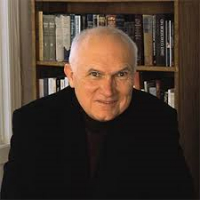
In April 2009 I helped Gen. Jim Mattis host a Conference at the Monaco Hotel in Old Town Alexandria. The event was dedicated to making the Defense Department pay attention to small infantry units, those who were doing virtually all the fighting and dying in Iraq and Afghanistan at the time. We invited all of the ground services with representatives from generals to sergeants. The stars of the show were “Tier I” Joint Special Operations Command (JSOC) commandos from Delta, the Rangers and SEALS.
During a morning break as Mattis and I were mixing with these magnificent men, he turned to me and asked prophetically: “Bob, how do we bottle this?” That moment came back to me this week as I watched the grainy videos of men from these same units take Al Baghdadi down. How, indeed, do we bottle them?
But bottle them we must. Today, we face threats far more consequential than a bearded Islamic psychopath. Russia and China now confront us on a global battlefield. Russia in particular has resurrected its army from the ashes of cold war collapse to become a serious competitor in places like central Europe and the Middle East. Their version of “Tier 1” forces — Spetsnaz, airborne, special forces and naval infantry — have shown themselves to be ruthlessly efficient in disparate places like Ukraine and Syria.
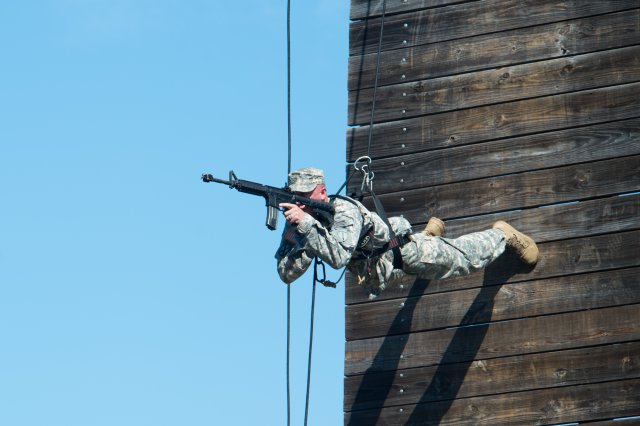
The Syrian raid clearly demonstrates that our special operators are better. But our elite close combat forces are outnumbered. As a national priority we must increase the numbers of those capable of doing these hazardous jobs by transferring the skills of JSOC warriors to Army and Marine conventional infantrymen.
The leaders of the ground services agree in principle with the need to make those who engage in what Mattis terms “intimate killing” better. The Army in particular has taken significant steps to increase the effectiveness of close combat soldiers. They extended the training period for infantrymen to almost six months in order to better prepare them for the hazards of close combat. To attract better quality recruits the Army now pays a $40,000 bonus for those who choose infantry.
These initiatives are welcome but they fall well short of what is needed to close the skills gap between special operators and their conventional infantry brethren. A better answer would be to carve out of the Army and Marine Corps a special “excepted” category for infantrymen. Policies for recruitment, selection, training and career management would be distinctly separate from ground service rank and file. “JSOC-like” quality would be insured by offering potential recruits a much richer bonus — perhaps as much as the Navy offers to submariners (up to $45,000). These excepted soldiers and Marines would be paid on a higher scale.
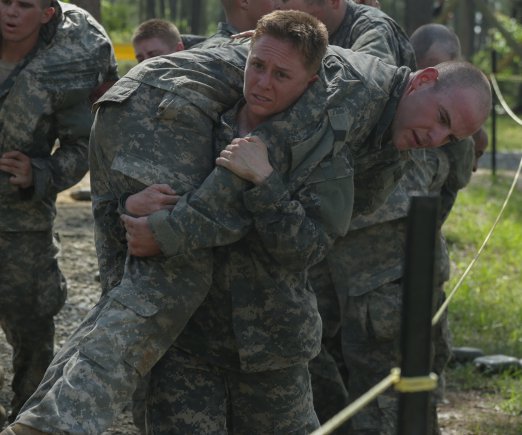
One secret to the success of today’s special operators is maturity; most are in their thirties. By contrast the Army and Marines today prefer recruiting infantrymen just out of high school. A more mature infantry force might be achieved by recruiting infantrymen later in their careers, perhaps in a second enlistment. To allow for older soldiers the traditional rank structure should be elevated to allow more senior soldiers to serve within small units.
Fortunately the Army already has experience with an excepted force: the Rangers. Infantrymen from the Rangers made up most of the force that killed Al Baghdadi. The Ranger model could easily be modified and expanded to embrace all close combat units. Like the Rangers, an excepted force would be exempt from non-combat duties. They would train constantly and continued service would depend on maintaining an extraordinary level of competence.
While the ground services agree with the intent of this proposal, managers in both services argue that such a close combat force would be too expensive. I contend that the numbers show that investment in an excepted force is well worth the expense. Army and Marine Corps combat units have exactly 26,244 close combat troops, a force about two-thirds the size of the New York City Police Department. (Another 18,000 or so troops are trained in infantry Military Occupational Specialties but aren’t currently assigned to combat forces). A generous increase in investment for such a small cohort might cost about one billion dollars per year, one-third the cost of a submarine. Just reflect on the performance of elite forces in Syria and imagine how much more powerful our military might become if we possessed an exceptional cohort of 26,244 soldiers and Marines capable of such feats?
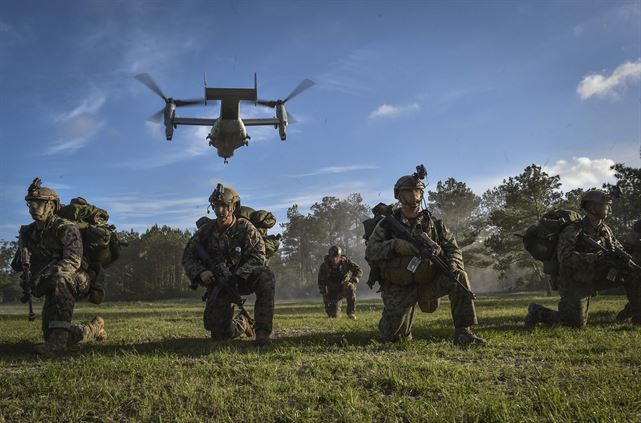 The special operations community is equally opposed to treating conventional close combat soldiers as an excepted force. They argue that the services have too few eligible candidates for the elite forces. Any effort to expand these forces, they argue, would only dilute the JSOC candidate pool and yield less combat-capable special operators. This long-standing argument is both self-serving and wrong. First, elitism is not a binary condition: either elite or conventional. Think of the distance separating conventional from JSOC as a slipping scale rather than “either or.”
The special operations community is equally opposed to treating conventional close combat soldiers as an excepted force. They argue that the services have too few eligible candidates for the elite forces. Any effort to expand these forces, they argue, would only dilute the JSOC candidate pool and yield less combat-capable special operators. This long-standing argument is both self-serving and wrong. First, elitism is not a binary condition: either elite or conventional. Think of the distance separating conventional from JSOC as a slipping scale rather than “either or.”
Some form of selection plus added resources to train and operate would allow the competency curve to be pushed to the right. The more money and attention, the greater the competency. Only a policy of exception, however, would allow the ground services to push the cursor efficiently toward true elitism. The argument that not enough soldiers exist to expand elitism within the ground services is equally wrong.
In the recruiting game you get what you pay for. There are surely enough competent young men in a population of 330 million to find 26,244 young men who seek the prestige and satisfaction of joining an elite combat formation. Funding an excepted force will allow for separate pay scales, bonuses, an elevated rank structure as well as additional money for specialized training and equipment. Pay the bill and they will come.
And then there’s the human element. In wars fought since World War II 90 percent of those who died in combat were infantrymen, a force that comprises less than 4 percent of all those in uniform. We know from painful experience that better soldiers are less likely to die in combat. How many fewer gravestones would there be in Arlington had four generations of our intimate killers been better at the task?
Let’s codify Gen. Mattis’ musings by establishing a program to “bottle” the competencies of the incredible men who killed Al Baghdadi. Let’s proliferate those skills to every soldier and Marine whose MOS calls for them to kill the enemy face to face. Surely, our conventional infantrymen should be given resources and skills equal to their JSOC brethren. After all, these few are the nation’s only cohort of intimate killers. They all deserve to be gifted with the same odds of surviving in the close fight.
Retired Maj. Gen. Bob Scales is the former commandant of the Army War College, a Vietnam veteran (and recipient of the Silver Star for valor) turned military historian and futurist. He’s also one of the fathers of Defense Secretary Jim Mattis’s Close Combat Lethality Task Force to reform the infantry. His views expressed in this essay are his own and do not represent the position of the Task Force.

